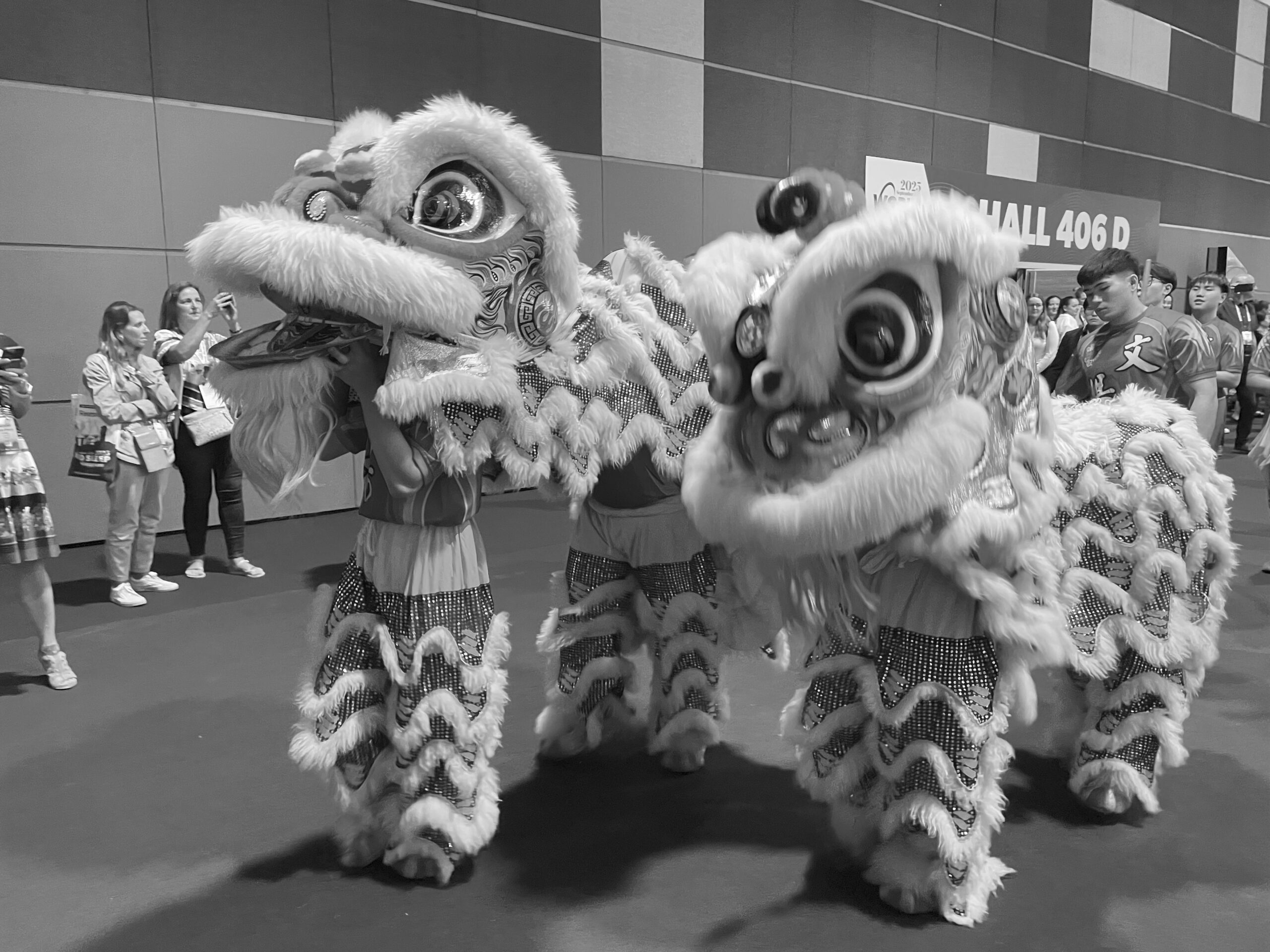Our Chief Science Officer and Co-Founder Marianna had the privilege of attending the World Sleep Congress 2025, held 5-10 September at the Suntec Singapore Convention & Exhibition Centre, alongside over 4,000 sleep professionals from around the globe. This year’s congress, organised by the World Sleep Society, featured more than 350 hours of scientific and clinical content, including 12 keynotes, 123 symposia, and over 1,800 abstracts presented as short talks and posters.
Showcased as part of the congress poster session, our research on daytime napping and its effect on productivity – a collaboration between UCL and Hynt – was featured (1). As part of this study, 22 people were invited to take part in two short napping sessions, which were followed up by mobile questionnaires to track how the participants felt and behaved across the rest of the day. The results were striking: just a 20-minute nap led to a 25% boost in reported productivity – both at work and in personal tasks – and a 20% increase in feelings of relaxation.
The event’s main focus, however, was to highlight advancements in sleep medicine and science, particularly in the integration of artificial intelligence and personalised care. As a company dedicated to revolutionising sleep technology, Hynt is at the forefront of this transformation. Marianna attended the event to represent the joint Hynt-UCL research study as much as with the intention to connect with other players in the sleep health and wellbeing technology space.
Marianna’s main takeaways from five days of presentations, workshops, posters sessions and conversations can be summarised as follows:
AI is transforming sleep analysis.
Advances in artificial intelligence are improving the accuracy of sleep stage identification and physiological assessment. Hynt’s AI-driven approach to research and product development is aligned with this trend.
Shift toward real-world sleep studies.
The field is moving from controlled sleep-clinic environments to studies in natural settings using wearables and biometric tracking. Hynt is at the forefront here, with in-home deployments of devices informing the development of non-invasive scent-based sleep solutions.
Personalisation remains a core challenge.
Researchers continue to explore how to combine objective data (wearables, biomarkers) with subjective reports of perceived sleep quality. Hynt’s integration of biometric data with individual scent preferences represents one promising path toward more personalised sleep support.
The next event in this series will be held in Montreal in 2027. We look forward to attending in two years, hopefully showcasing our very own groundbreaking technology.
(1) Dawes, C., Motta, S., Calzolari, E., Maggioni, E., & Obrist, M. (2025, September). Day-time napping: The benefits of well-being and productivity [Conference presentation]. World Sleep Congress, Singapore. https://ws2025.abstractserver.com/program/#/details/presentations/1954
